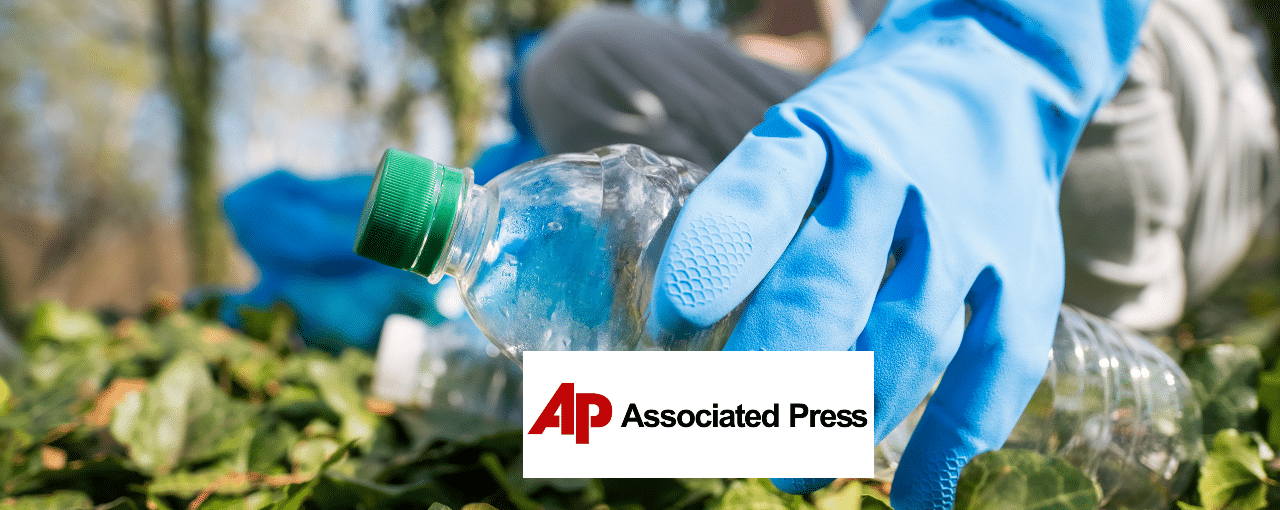Thousands of negotiators and observers representing most of the world’s nations are gathering in the Canadian city of Ottawa this week to craft a treaty to stop the rapidly escalating problem of plastic pollution.
Each day, the equivalent of 2,000 garbage trucks full of plastic are dumped into the world’s oceans, rivers and lakes, according to the United Nations Environment Programme. People are increasingly breathing, eating and drinking tiny plastic particles.
In March 2022, 175 nations agreed to make the first legally-binding treaty on plastics pollution, including in the oceans, by the end of 2024. It’s an extremely short timeline for negotiations, meant to match the urgency of the problem. This is the fourth of five meetings of the United Nations’ Intergovernmental Negotiating Committee for Plastics.
The largest challenge for the negotiations is that major oil and gas producing countries do not want a treaty that limits their ability to extract and export fossil fuels to make plastic, said Björn Beeler, international coordinator for the International Pollutants Elimination Network. IPEN wants a treaty that places global controls on hazardous chemicals in plastics and ends the rapid growth of plastic production.
“Production is at the center of everything, it’s the reason why this is moving slow. And it’s going to get supercharged,” he said. “It’s not about oceans. It’s more about oil.”
Read the full story from the Associated Press.
